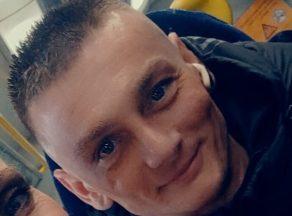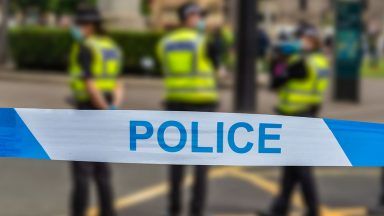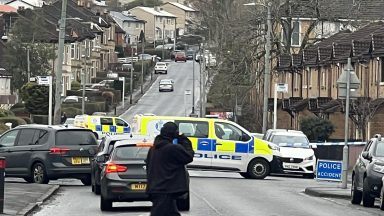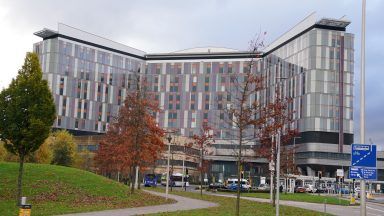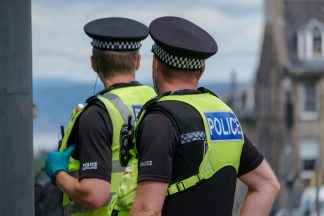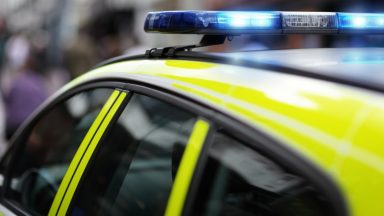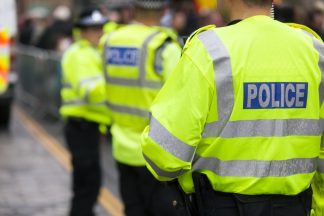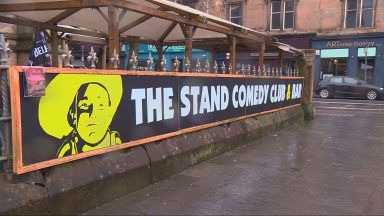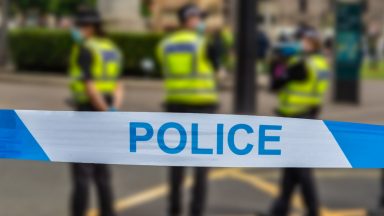Around half the coronavirus vaccine appointments at a major concert venue and vaccination centre this weekend were missed, it has emerged.
The PA news agency understands there were many cancellations and non-attendances on Saturday and Sunday at The SSE Hydro in Glasgow amid rising case numbers in the city.
The concert venue originally formed part of the NHS Louisa Jordan hospital, which closed at the end of March having opened in the Scottish Event Campus (SEC) last year, and has the capacity to administer up to 10,000 jabs per day.
A statement from NHS Greater Glasgow and Clyde (NHSGGC) said: “We want to thank everyone who has come forward for a vaccine so far.
“We’ve had incredible success to date and this is a testament to the hard work of all those staff from across NHSGGC who have been involved in the rollout of the programme.
“We have now vaccinated over 98% of people over the age 50 with their first dose.
“We recognise that there were an unusual amount of cancellations and non-attendances for vaccinations at The Hydro over the weekend.
“We are looking into the details further to understand the reasons behind this.
“We strongly encourage everyone to take up the opportunity to be vaccinated once they are invited.”
It comes after new Health Secretary Humza Yousaf said this week will be critical in Glasgow’s hopes of seeing Covid-19 restrictions ease.
The decision was taken to keep Scotland’s biggest city under Level 3 restrictions while the rest of the country – excluding Moray, which was then also moved down – went to Level 2 earlier this month.
On Monday, the Greater Glasgow and Clyde health board area reported a seven-day case rate per 100,000 people of 99.4, more than double the Scottish average of 43.9.
The seven-day average rate per 100,000 people for the Glasgow City Council area was 136.8 on Monday, up from 133.3 the previous day.
A decision on whether the city will also be able to ease restrictions is expected later this week.
Yousaf said: “There’s a range of data we look at.
“We obviously want to see those cases per 100,000 falling, we obviously want to see the test positivity falling, we want to look at hospital admissions and also ICU admissions – I think that’s quite critical and quite key.
“But also what I want to hear from local public health directors is can they contain it? Can it be managed?
“The last thing we want to do is if we’re not quite sure, move Glasgow down a level only for in the weeks and months to come then we have to increase the level again and put them back into Level 3.
“That yo-yoing effect isn’t going to help anybody at all.
“I don’t want to keep anybody in any level or any restriction for a minute longer than we have to but this week is going to be quite critical when we look at the data.”
Yousaf said he was “reticent” to say ahead of time what the data would need to show for Glasgow to move into Level 2.
Clackmannanshire has also seen a major spike in cases, with the rate per 100,000 in the week to May 21 at 139.7.
However, the Health Secretary said this could be due to the relatively low population in the council area.
“Clackmannanshire has a really small population, so even four, five, six households testing positive can really make the numbers look like they’re shooting up,” he said.
“But it is a concerning situation, I’m not going to lie to you about that – it’s one of the local authorities we’re looking at and speaking to local health directors, can it be contained and can it be managed?
“But Clackmannanshire is one of the local authorities that’s giving us a little bit of concern.”
On Monday, the Scottish Government reported 313 new cases, with no deaths as a result of the virus.
The death toll remains at 7,644 while the total number of cases since the beginning of the pandemic stands at 232,343.
An IT issue, the Government said, means the figures for tests and cases are for a 26-hour period, instead of 24 hours.
Greater Glasgow and Clyde remains the health board with the most new cases, with 155, more than triple the 39 reported in NHS Lothian during the same time period.
Follow STV News on WhatsApp
Scan the QR code on your mobile device for all the latest news from around the country




